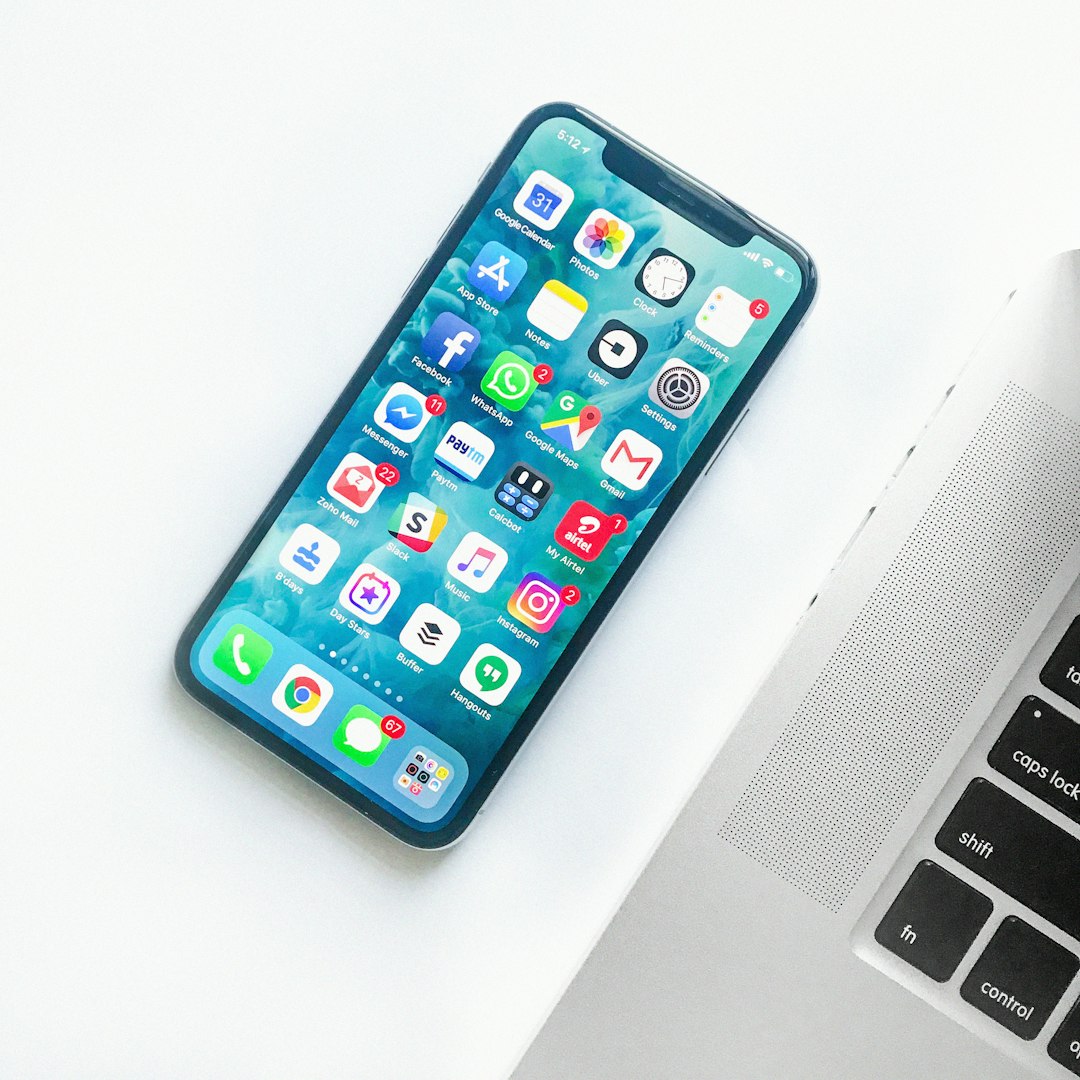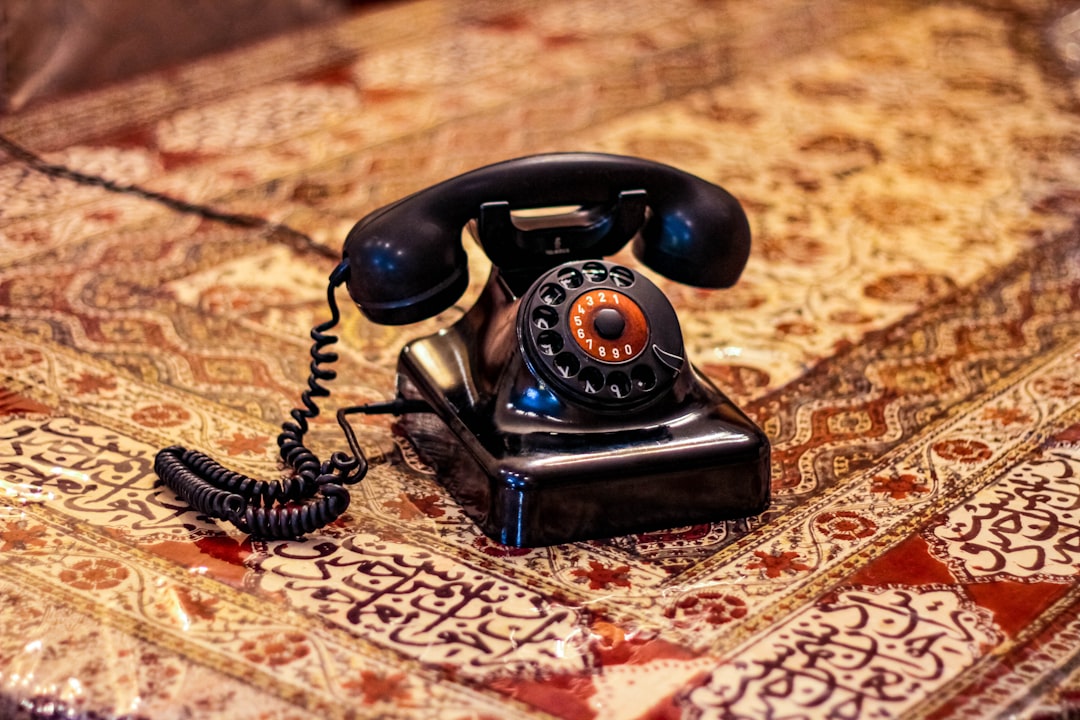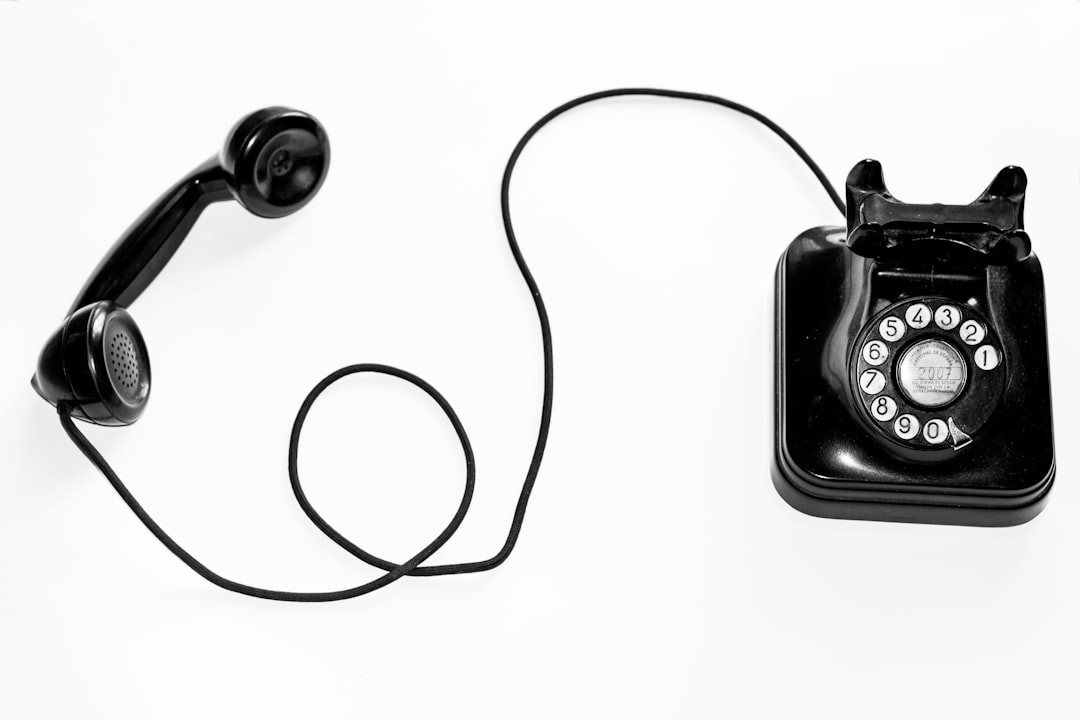Digital transformation in healthcare has made autodialers crucial for medical practitioners in Washington state, enhancing patient engagement and operational efficiency. However, their use is subject to strict legal frameworks like Do Not Call (DNC) registry and TCPA, requiring compliance to avoid liabilities. Autodialer lawyers in Washington assist with navigating these complexities, ensuring HIPAA adherence, and balancing automated communication with human touch for effective patient care.
“The future of healthcare communication is here, driven by the rapid integration of technology. Among these innovations, autodialers are transforming patient outreach, offering efficient, automated solutions for healthcare providers in Washington. This article explores the rise of autodialers within the state’s landscape, delving into legal considerations and their potential to enhance patient care. With an autodialer lawyer’s guidance, Washington healthcare practices can navigate these advancements, ensuring compliance while reaping benefits from this game-changing technology.”
The Rise of Autodialers in Healthcare Communication

In the digital age, healthcare communication is undergoing a significant transformation, and autodialers are at the forefront of this evolution. These automated phone systems have become an indispensable tool for healthcare providers in Washington, offering efficient and effective means to reach patients, schedule appointments, and disseminate important health information. The rise of autodialers reflects a growing need for streamlined communication strategies within the sector.
With advancements in technology, autodialer systems are now more sophisticated than ever. They can handle large-scale calling campaigns, personalized messaging, and even provide interactive voice response (IVR) options. This level of automation not only improves patient engagement but also allows healthcare lawyers in Washington to optimize their outreach efforts. By leveraging autodialers, medical practices can ensure timely communication with patients, reduce no-show rates, and enhance overall operational efficiency.
Legal Considerations for Autodialer Usage in Washington

In Washington state, the usage of autodialers for marketing or patient outreach purposes is subject to specific legal frameworks. While telemarketing laws generally govern autodialer operations across the country, Washington has its own unique regulations that businesses and healthcare providers must adhere to. One key consideration is the Do Not Call (DNC) registry, where individuals can opt-out of receiving automated calls, ensuring respect for consumer privacy.
Healthcare institutions employing autodialers should also familiarize themselves with the Telephone Consumer Protection Act (TCPA), which sets restrictions on automated calling practices. Engaging the services of an autodialer lawyer in Washington is a strategic move to navigate these legal complexities. Legal experts can guide healthcare organizations through the process of ensuring compliance, drafting appropriate consent forms, and minimizing potential liabilities associated with autodialer usage.
Enhancing Patient Care: Benefits and Challenges Ahead

Autodialers have emerged as a powerful tool in healthcare, offering significant potential to enhance patient care in Washington and beyond. These automated communication systems enable personalized outreach, improving access to care and patient engagement. By streamlining appointment reminders, follow-up calls, and educational messages, autodialers can reduce no-show rates, promote timely treatment, and foster better health outcomes.
However, the integration of autodialers into Washington’s healthcare landscape presents challenges. Privacy concerns related to patient data security are paramount, as autodialer systems require access to sensitive information. Additionally, ensuring patient consent and compliance with regulations like HIPAA is crucial for ethical use. Moreover, while autodialers excel at efficiency, they may struggle with complex case management or nuanced patient interactions that often require human touch and empathy.






